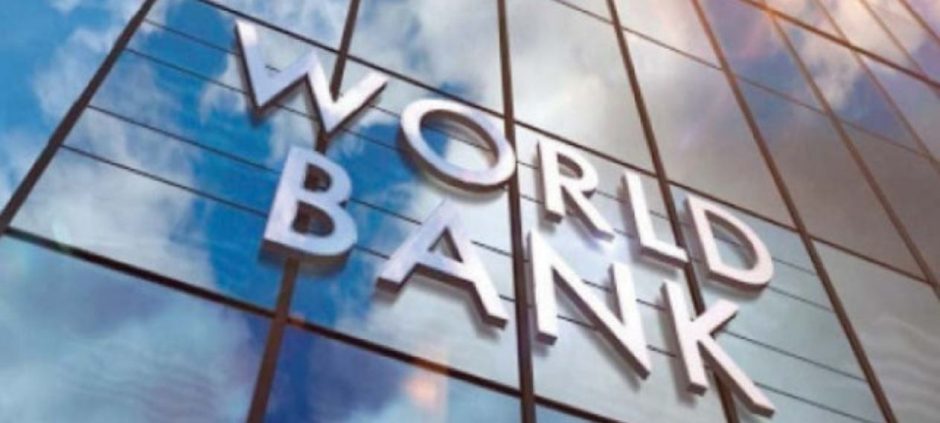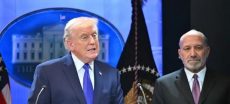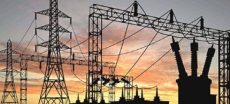The World Bank has said that Pakistan’s 3% economic growth rate is not enough to reduce poverty or unemployment in a meaningful way. The statement was made in the latest Pakistan Development Update Report 2025, released earlier this week.
According to the report, Pakistan’s economy is expected to grow from 2.6% in the last fiscal year to 3% in the current one. The growth rate is projected to rise slightly to 3.4% next year. However, the World Bank warned that this level of growth remains too weak to meet the needs of Pakistan’s rising population and expanding labor market.
Every year, around 1.6 million young people join the labor force, but job creation is not keeping pace. The report noted that limited employment opportunities are a major cause of persistent poverty and inequality. Poverty is expected to fall only slightly — from 22.2% to 21.5% — highlighting the slow progress toward inclusive growth.
On inflation, the World Bank projected an average rate of 7.2% for the current fiscal year, which could ease to 6.8% next year. However, it warned that floods and other climate-related disasters could again disrupt supply chains and push prices upward.
The report called for sustainable, investment-driven growth to help create jobs and manage inflation. It also recommended reforms in five key areas — tax revenue, exports and trade, investment climate, monetary policy, and public sector governance — to strengthen Pakistan’s economic foundations.
The World Bank further observed that Pakistan’s tax base and export levels remain below regional standards. This, it said, limits the government’s ability to fund public development and social welfare programs. The report also highlighted climate change as an ongoing threat, urging greater investment in resilience and disaster preparedness.
In other related news also read World Bank to invest $300 million in Reko Diq
Despite these challenges, the World Bank acknowledged that Pakistan has shown progress in fiscal discipline and economic management. It said continued reforms could help the country move toward stronger, more inclusive, and sustainable growth.











